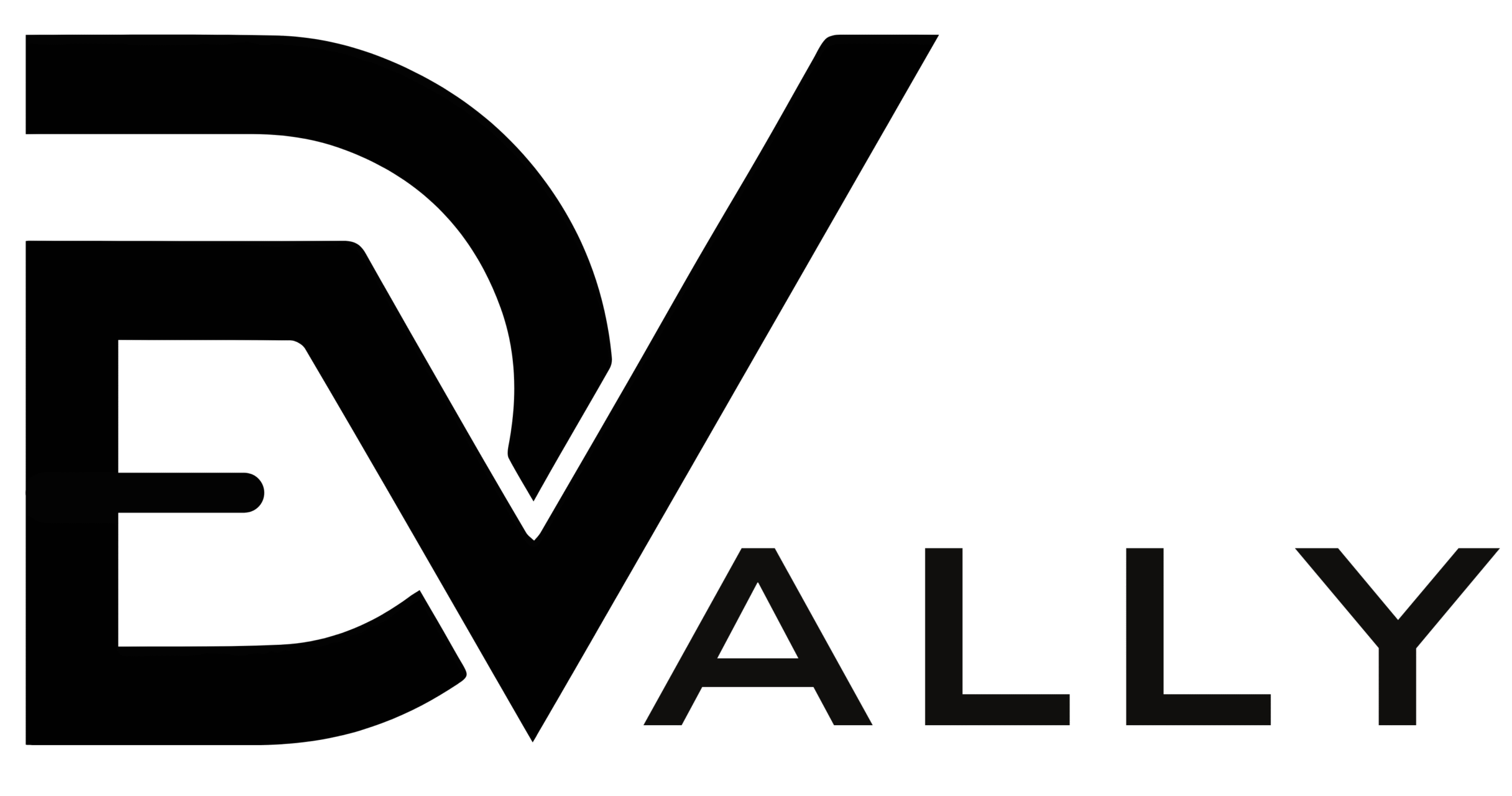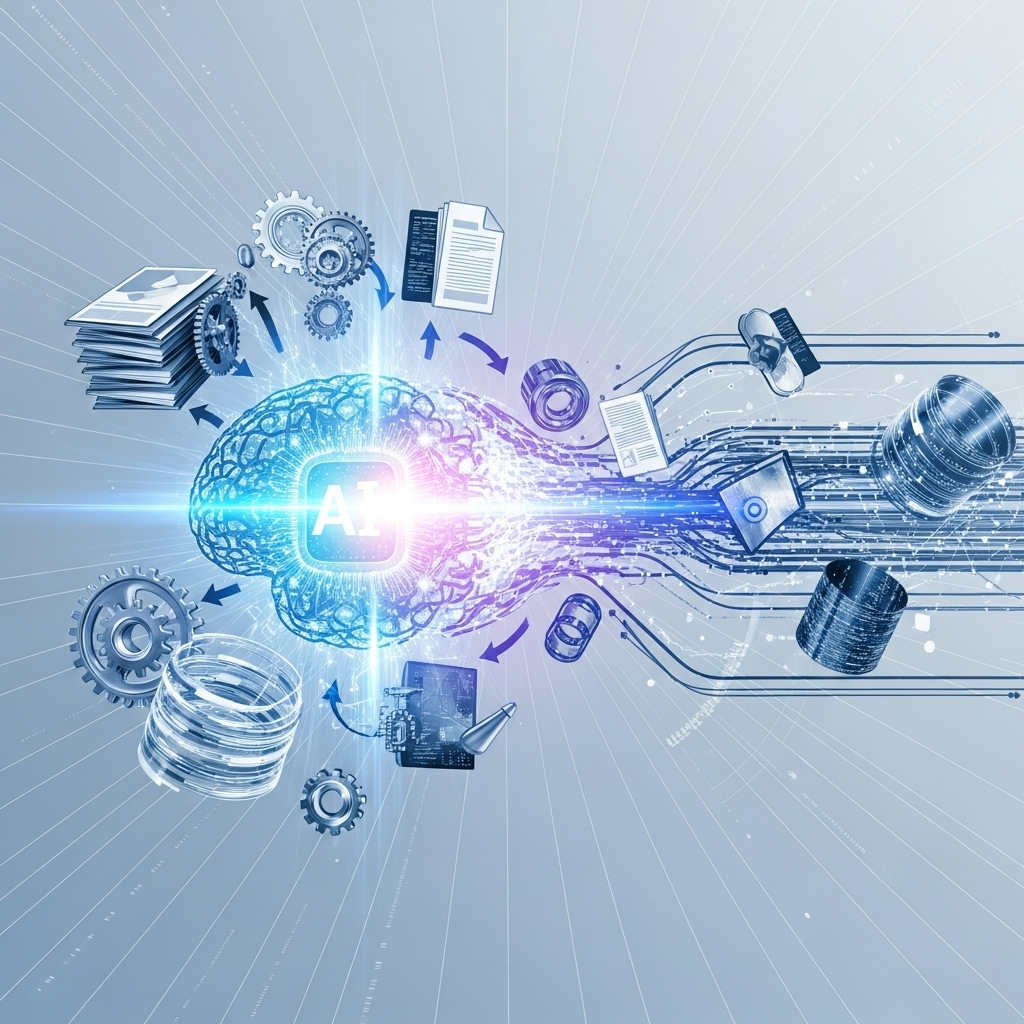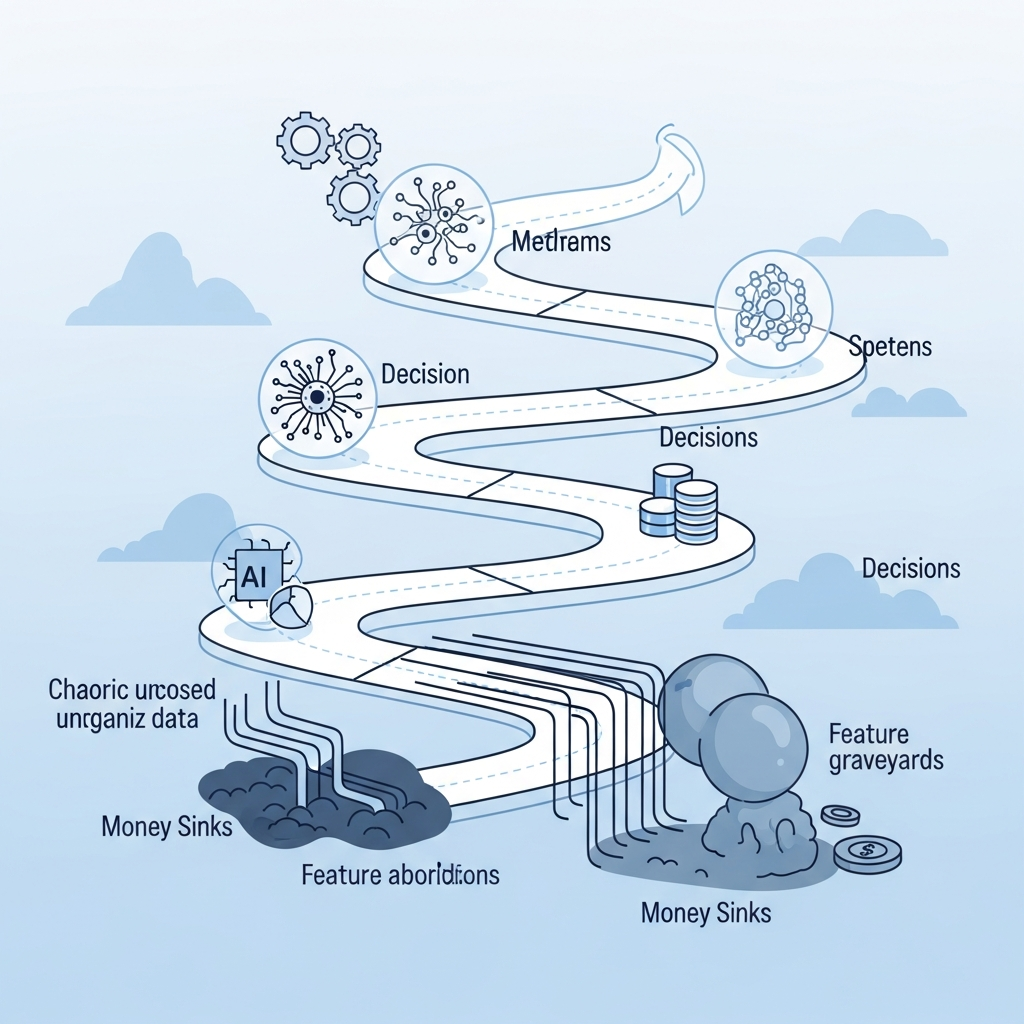Why AI Workflow Optimization is Non-Negotiable in Today’s Business Landscape
In an era defined by rapid technological advancement and ever-increasing competition, businesses are constantly seeking ways to enhance productivity, reduce operational overheads, and maintain a competitive edge. The complexity of modern operations often leads to a patchwork of disconnected tools and manual processes. This is where AI workflow optimization steps in as a game-changer.
At its core, AI workflow optimization is about transforming these scattered tools and processes into unified, intelligent operations. It’s not just about automating tasks; it’s about re-imagining how work gets done, leveraging artificial intelligence to create more efficient, accurate, and cost-effective workflows across the entire organization.
What Exactly is AI Workflow Optimization?
Imagine your business as a complex machine. Each department, each task, each data point is a crucial component. Without optimization, these components might operate independently, creating bottlenecks, inefficiencies, and wasted resources. AI workflow optimization acts as the central nervous system, using intelligent algorithms and machine learning to:
- Identify Inefficiencies: AI can analyze vast amounts of operational data to pinpoint bottlenecks, redundant steps, and areas ripe for improvement.
- Automate Repetitive Tasks: From data entry to report generation, AI-powered tools can handle monotonous tasks with speed and accuracy, freeing human employees for more strategic work.
- Enhance Decision-Making: By processing and analyzing data far beyond human capacity, AI provides actionable insights that lead to smarter, data-driven decisions.
- Ensure Consistency and Compliance: AI-driven processes follow rules meticulously, reducing human error and ensuring adherence to regulatory standards.
The result is a streamlined operation where processes flow seamlessly, resources are utilized optimally, and strategic goals are met with greater agility.
Key Benefits of Embracing AI in Your Workflows
The advantages of implementing AI workflow optimization extend far beyond simple task automation. They impact virtually every aspect of a business:
1. Significant Time Savings and Increased Productivity
By automating routine, time-consuming tasks, AI allows employees to redirect their efforts towards higher-value activities that require critical thinking, creativity, and human interaction. This not only boosts individual productivity but also accelerates overall project timelines and service delivery.
2. Substantial Cost Reduction
Optimized workflows mean fewer manual errors, less rework, and more efficient resource allocation. AI helps reduce operational costs associated with labor, wasted materials, and inefficient processes, leading to a healthier bottom line.
3. Enhanced Accuracy and Compliance
AI systems operate with unparalleled precision, drastically reducing the margin for human error in data processing, calculations, and compliance checks. This is particularly crucial in highly regulated industries where accuracy and adherence to standards are paramount.
4. Superior Scalability and Agility
As your business grows, optimized AI workflows can scale effortlessly to meet increasing demands without a proportional increase in resources. This agility allows organizations to adapt quickly to market changes and seize new opportunities.
5. Improved Customer and Employee Experience
Faster service delivery, personalized interactions (thanks to AI-driven insights), and reduced internal frustrations lead to happier customers and more engaged employees.
Implementing AI Workflow Optimization: A Strategic Imperative
Adopting AI for workflow optimization isn’t merely a technological upgrade; it’s a strategic imperative for any business looking to thrive in the digital age. It requires a clear understanding of your current processes, identification of pain points, and a phased approach to integrate AI solutions effectively.
Whether it’s optimizing customer service with intelligent chatbots, streamlining supply chain logistics with predictive analytics, or automating financial reporting, the potential applications are vast and growing.
The Future is Optimized with AI
In a world where efficiency dictates success, AI workflow optimization is not just a trend but a fundamental shift in how businesses operate. It empowers organizations to do more with less, achieve greater accuracy, and unlock new levels of innovation. By embracing this powerful technology, companies can transform their operations from fragmented to unified, setting a new standard for performance and paving the way for sustained growth and success.






